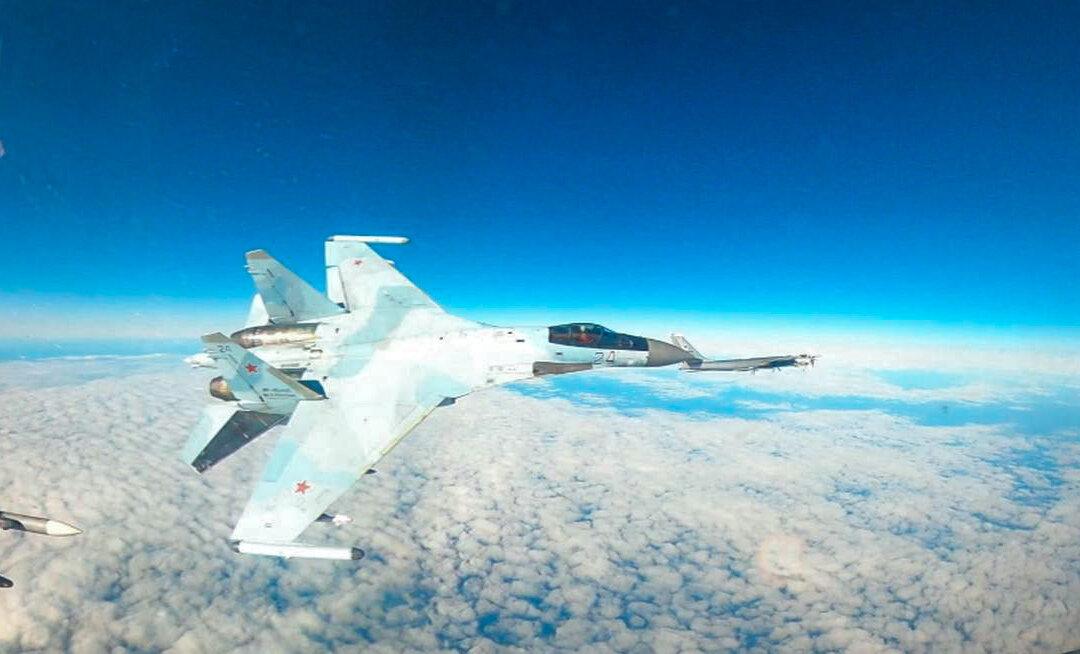A Russian fighter jet flew close to a North American Aerospace Defense Command (NORAD) aircraft near the coast of Alaska, the command said on Monday.
A NORAD aircraft intercepted the Russian military aircraft in a “safe and disciplined” manner near the Alaska Air Defense Identification Zone (ADIZ) on Sept. 23, NORAD said.





